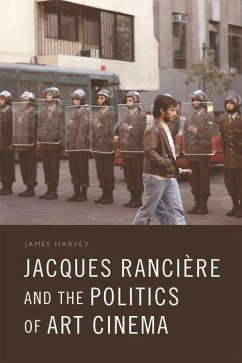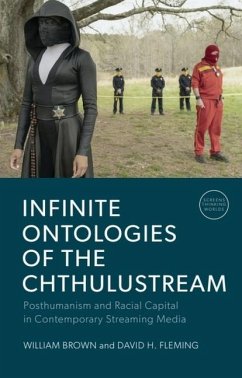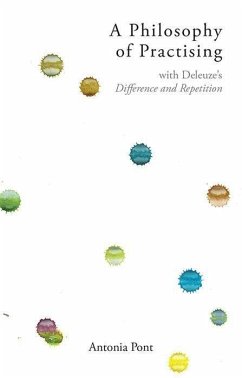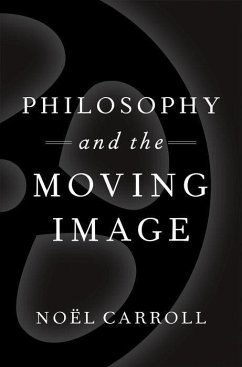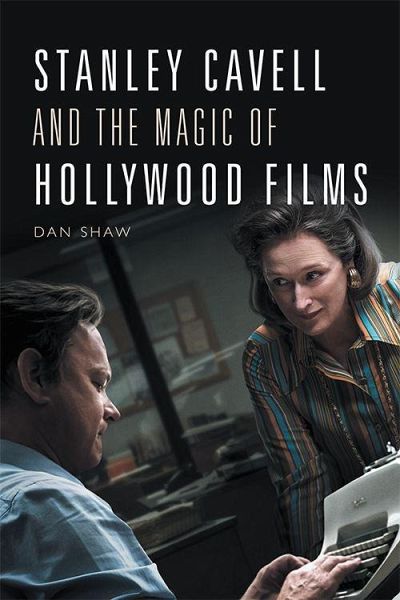
Stanley Cavell and the Magic of Hollywood Films
Versandkostenfrei!
Versandfertig in über 4 Wochen
122,99 €
inkl. MwSt.
Weitere Ausgaben:

PAYBACK Punkte
61 °P sammeln!
One of America's most important contemporary thinkers, Stanley Cavell's remarkable film philosophy proposed that the greatest Hollywood films reflect the struggle to become who we really are - a struggle that is foregrounded in the characteristically American theory of Emersonian perfectionism. Focusing on his account of what makes Hollywood movies so magical, Dan Shaw draws on Cavell's theories to interpret a range of classic and contemporary dramas, including Mr Smith Goes to Washington (1939), Boys Don't Cry (1999) and The Hurt Locker (2008). Pairing of these analyses with discussions of Ca...
One of America's most important contemporary thinkers, Stanley Cavell's remarkable film philosophy proposed that the greatest Hollywood films reflect the struggle to become who we really are - a struggle that is foregrounded in the characteristically American theory of Emersonian perfectionism. Focusing on his account of what makes Hollywood movies so magical, Dan Shaw draws on Cavell's theories to interpret a range of classic and contemporary dramas, including Mr Smith Goes to Washington (1939), Boys Don't Cry (1999) and The Hurt Locker (2008). Pairing of these analyses with discussions of Cavell's precursors, including Emerson, Nietzsche and Mill, the book explores a distinctively American philosophical foundation for the study of Hollywood film. Dan Shaw is a retired professor of philosophy who taught for 32 years at Lock Haven University. He is managing editor of the print journal Film and Philosophy and a member of the Executive Board of the Society for the Philosophic Study of the Contemporary Visual Arts (SPSCVA).




